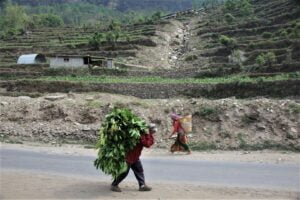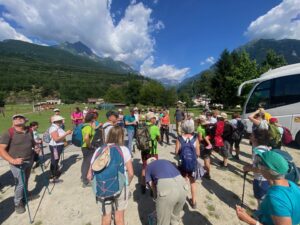Satellites, Air Pollution, and Mountains
About
Keynote Details
Mountains, as natural barriers to air flow and pollution dispersion, play a critical role in regional air quality. However, their complex topography and remote locations make traditional ground-based monitoring methods challenging. Earth-orbiting satellites have global coverage and routinely collect observations across such challenging environments. Data from satellite instruments have revealed more than would otherwise be possible about how the Earth system is changing in response to a warming climate. This presentation will explore how satellite data could be used to assess air quality in mountainous regions, enabling the identification of pollution hotspots, tracking pollutant transport, and evaluating the effectiveness of emission control measures. We will examine the advantages and limitations of satellite data for this purpose, including their spatial and temporal information, sensitivity to specific pollutants and land surface properties, and their ability to penetrate clouds.



